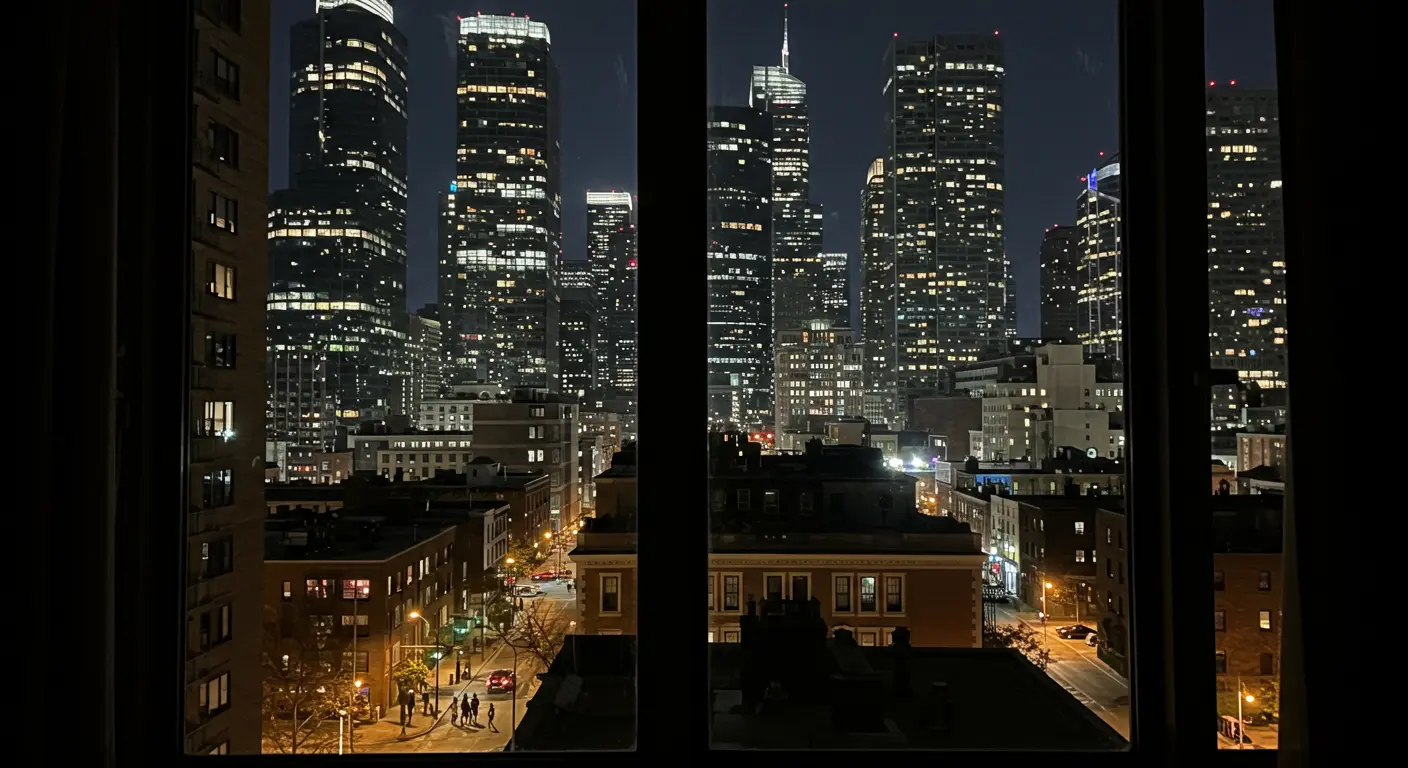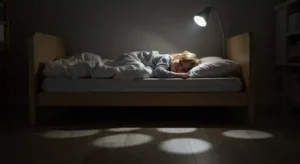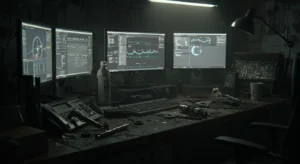Jawbone user data reveals most major US cities have poor average sleep. Learn why your city might rank low and how actigraphy tracks sleep (like steps), plus solutions. Click to see sleep data!
Average sleep duration: If you live in a big city, you’re likely part of a nationwide sleep deficit. Jawbone user data offers a surprising look at the average sleep duration across major American cities.\n\nMany residents aren’t getting the recommended 7-8 hours of quality sleep per night. A recent Jawbone dataset raised an alarm: every significant US city reports below-recommended sleep times. This wearables data paints a picture of chronic sleep shortfalls nationwide.
SO, HOW MUCH SLEEP ARE MAJOR CITIES REALLY GETTING?
Jawbone’s popular UP device uses actigraphy—a technology that tracks movement during sleep—to estimate time spent asleep, excluding moments of wakefulness. Based on this data, here’s how much sleep people are actually getting in major U.S. cities
U.S. Cities with the Most Sleep (Almost 7 Hours)
These cities come close to the 7-hour mark, averaging between 6.9 and 7 hours of sleep per night:
Orlando, FL – slightly over 6.9 hours
Dallas, TX – slightly under 7 hours
Cities Averaging Between 6.8 and 6.9 Hours
Denver, CO – ~6.9 hours
Minneapolis, MN – ~6.9 hours
San Diego, CA – ~6.9 hours
Austin, TX – ~6.9 hours
Seattle, WA – ~6.88 hours
San Antonio, TX – ~6.87 hours
Charlotte, NC and Washington, DC – ~6.85 hours
Boston, MA, Chicago, IL, Houston, TX, San Francisco, CA, Atlanta, GA, Phoenix, AZ, San Jose, CA,
New York, NY – all averaging 6.8 hours or less
Cities with the Least Sleep
The lowest average sleep durations were reported in:
New York, NY – 6.78 hours
Miami, FL – 6.72 hours
Los Angeles, CA – 6.68 hours
Las Vegas, NV – the lowest at 6.53 hours
International Comparison
Sleep duration is even lower in some international cities. For instance, Tokyo residents average just 5.5 hours of sleep per night. On the other hand, Melbourne ranked among the highest internationally, although not significantly above U.S. cities. Rural areas or communities with more traditional lifestyles, such as certain religious groups, may report slightly more sleep on average.
WHAT DOES THIS ACTIGRAPH DATA MEAN?
Although the data is based on self-reported device usage, Jawbone’s actigraphy findings paint a clear picture: urban sleep deprivation is widespread.
In 98% of major U.S. cities, the average sleep duration falls well below the recommended 7–9 hours of nightly rest for adults.
Cities like Las Vegas and New York report averages nearly 30 minutes short of the critical 7-hour baseline.
Health professionals consistently recommend 7–8 hours of sleep to maintain both physical and mental well-being. When large populations fall short of this, it raises serious concerns about sleep quality, long-term health risks, and the overall impact of modern urban lifestyles.
The takeaway? Millions of people may be quietly facing chronic sleep debt—without even realizing it.
IMPACTS OF POOR SLEEP & GETTING HELP
These findings go beyond simple fatigue—they’re linked to serious health risks like heart disease, obesity, and mood disorders. That’s why knowing your average sleep duration is so important.
If your nightly sleep mirrors numbers from cities like Las Vegas (around 6.5 hours), it may be time to take action:
Get a sleep study – for a professional, in-depth analysis.
Use a sleep diary – to track habits and identify patterns.
Talk to your doctor – especially if you’re tracking sleep via actigraphy or a wearable device.
Remember: the general recommendation is 7–9 hours of sleep per night. But quality matters just as much as quantity—more sleep isn’t always better if it’s restless or inconsistent..
A Simple Analogy
Think of sleep like your phone’s battery.
The Jawbone UP device estimates how much you “use” your battery each day—similar to a Fitbit tracking your steps.
Actigraphy works by monitoring arm movements, helping identify how well you’re recharging your battery (your body and brain) each night.
Consistent low charge? Time for a reset.
Conclusion
The Jawbone data reveals that improving sleep hygiene goes beyond personal habits—it may require addressing broader environmental and lifestyle factors that influence the average sleep duration of entire cities.
If you’re tracking your sleep with devices like the Jawbone UP, sharing your actigraphy results with a healthcare professional can be a valuable first step toward better rest. While individual choices matter, it’s clear that community, culture, and city living also play a major role in shaping how well we sleep.
Better sleep isn’t just a personal goal—it’s a public health priority.
Frequently Asked Questions
What does Jawbone UP’s actigraphy actually measure for sleep?
It estimates sleep duration by tracking arm movements.
Less movement = more sleep time recorded.
It’s a helpful indicator, like step tracking—not a medical diagnosis.
Why focus just on major US cities? Isn’t this just one study?
Because they represent large, diverse populations.
Actigraphy gives objective sleep data, and these cities provide a clear snapshot of a nationwide sleep problem.








